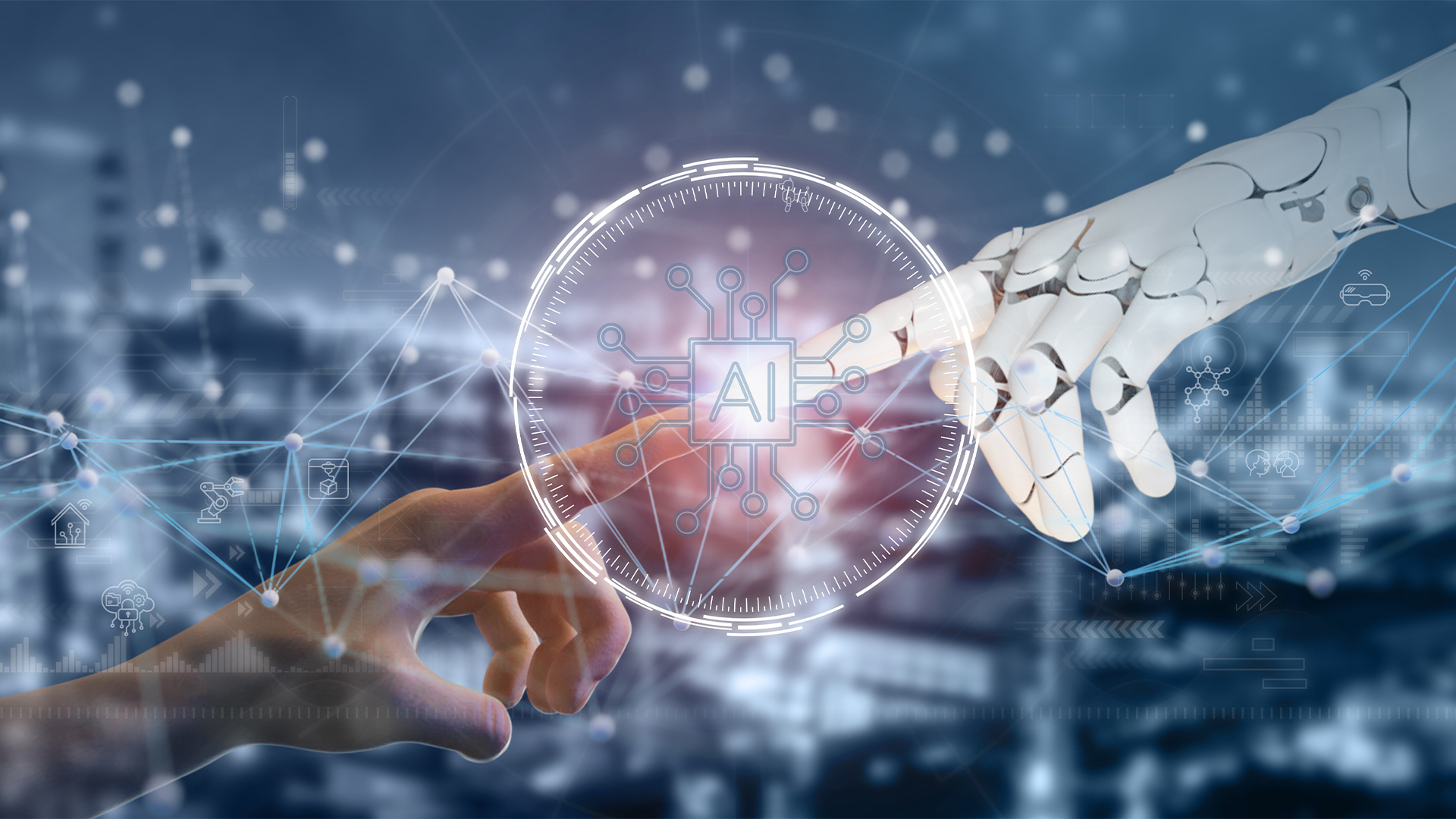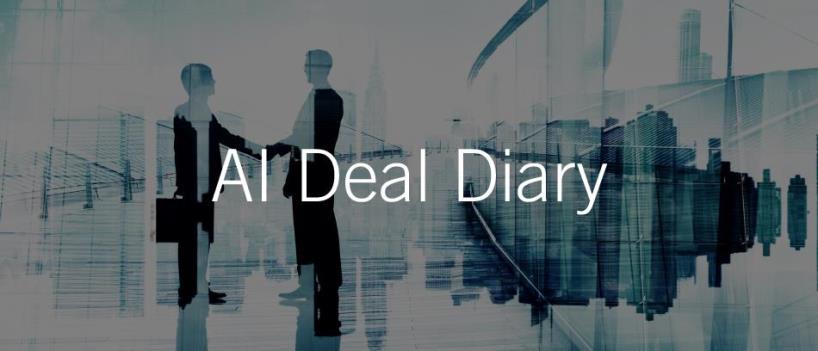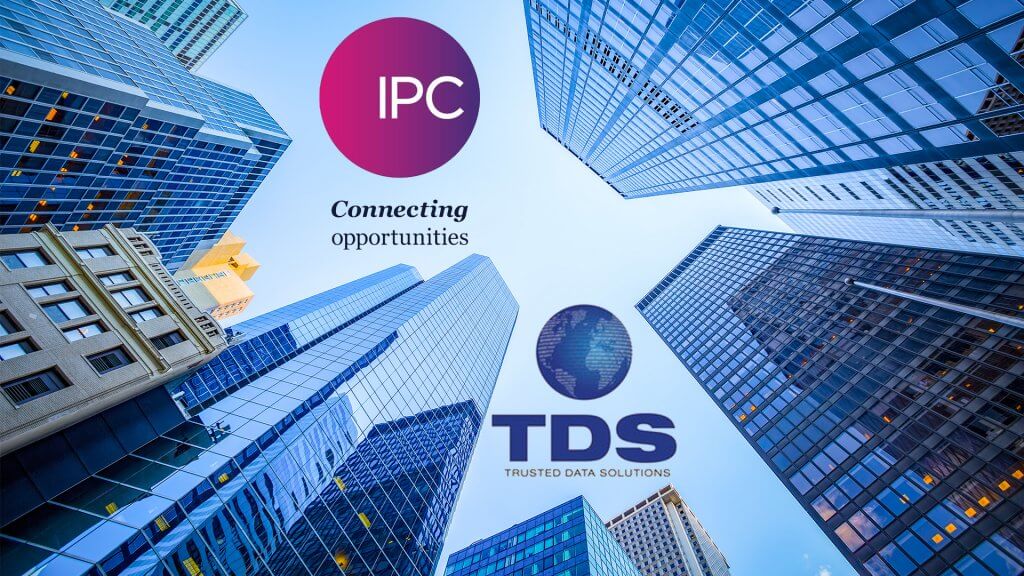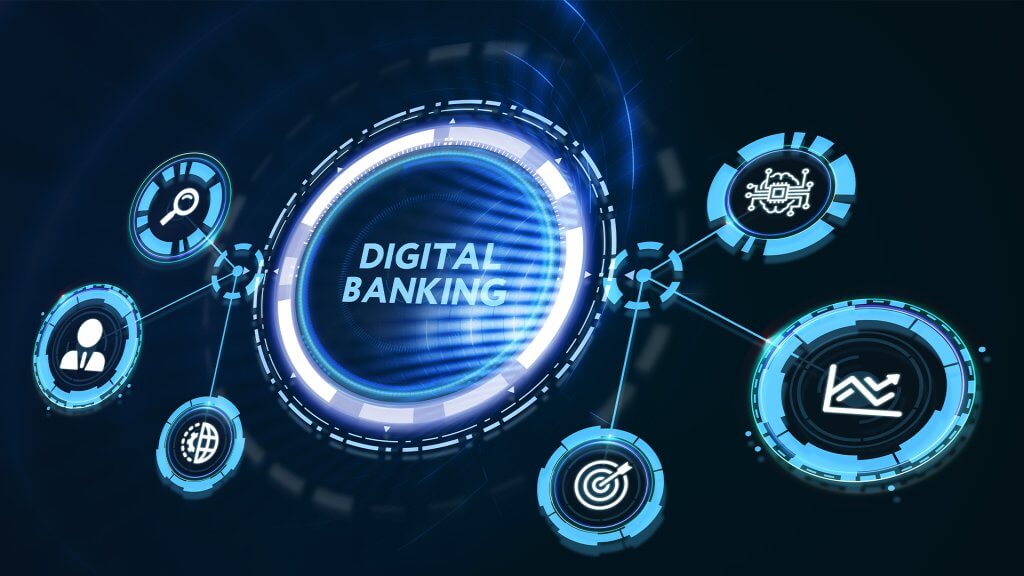
The AI Dilemma: Why leaders are struggling with deficient workplace adoption and employee upskilling opportunity loss
In today’s fast-paced and technology-driven world, Artificial Intelligence (AI) has emerged as a transformative force that holds the potential to revolutionize the way we work, make decisions and interact with technology. AI promises greater efficiency, data-driven insights, and enhanced productivity, making it a valuable tool for businesses across various industries. Yet, despite the promises of this cutting-edge technology, many leaders find themselves grappling with the challenges of effectively implementing AI in the workplace.
While AI offers a plethora of advantages, from automating routine tasks to uncovering hidden trends in data, the road to successful AI integration is far from straightforward. In recent years, the struggle to harness AI’s full potential has raised a critical question: why are so many leaders failing with AI implementation, and what avoidable factors contribute to these setbacks?
According to a Harvard Business Review report relating to C-Suite AI failures, too many companies “are set up to fail by poor alignment, lack of trust, not enough focus on business opportunities, and how their job is understood internally.” Perhaps these are among the reasons McKinsey’s State of AI survey found that less than one-quarter of companies using AI realized a significant bottom-line impact—deficiencies eluding impact at scale it suggests might be caused “not only because of the technical challenges but also because of the organizational changes required.” Changes that many leaders simply are not making—whether intentionally or unknowingly.
Businesses are increasingly understanding AI’s utility for many of their more mundane, or even complex, tasks yet are struggling with effective and scalable implementation—particularly in a fashion that fruitfully engages employees in the process.
In an ideal world, AI does the brunt of the menial tasks, leaving humans to creative and critical thinking tasks. An AI program might collect and analyze data, supplying it in understandable ways for a worker to interpret, present, and make decisions on.
This requires buy-in from employees, something that requires work to produce and is far easier said than done. In fact, the inability to achieve or optimize this staff sensibility is further undermining successful AI utilization across industries. One survey showed that the best way to get employees excited about AI—three times as excited, to be exact—is to inspire trust in leaders, help employees understand how the tech works and increase workers’ soft skills to help them feel relevant to the company and their position.
Towards this end, here are eight key truths about AI that every leader must know, and heed, right now in order to help ensure successful AI and machine learning adoption in the workplace.
- Change management is critical for successful AI implementation. AI is transformational to businesses. But successful implementation takes a solid change management plan to ensure leaders are communicating, building trusting relationships, and encouraging employees in their training and use of AI.
- AI significantly impacts employee engagement. You can’t take people out of the equation when it comes to AI, meaning maintaining person-to-person interactions is critical. When it comes to the employee-manager relationship, leaders need to inspire trust in AI and teach employees to utilize it to the best of their abilities.
- Employee attitudes will make or break your AI strategy. Employees are the ones pressing the buttons to make AI work, so they had better have a healthy attitude toward it. Trusting in leadership, having transparency surrounding the programs, and earning confidence in their skills are all ways employees can take a more positive attitude toward changes involving AI.
- Employees need to be confident about using AI. A Dale Carnegie survey found that 65% of employees are concerned that AI will take their job. The best way to inspire employee confidence in AI is to train them not just to use it, but also train them in soft skills that only a human can master.
- Senior leaders must inspire employee confidence. Directors have strong confidence in senior leaders, but this decreases as we travel down the chain of command. Managers have about half as much trust as directors. And employees have about half the trust that managers do. Senior leaders must inspire trust and confidence to successfully implement AI.
- Preparation for human and machine partnerships is key. As the Girl Scout motto goes: be prepared. Employees and companies better adopt AI when there is proper preparation (we all know what that prevents). This includes readying employee mindsets to work with AI, modifying job descriptions or task lists, and much more.
- Don’t overlook the details when using AI. AI will affect everything from employee workload to end-user experience. So, as leaders embark on “The AI Revolution,” they need to think of every angle and every detail. In the end, AI is only useful and successful when integrated with your workforce properly.
- Generative AI is making big waves. With generative and predictive AI (like Chat GPT), it’s more crucial than ever that leaders help employees remain agile, be resilient, and positively work with AI to enhance their success.
- AI enhances on employee training. AI can be particularly beneficial for learning and development (L&D) or what we might today call “upskilling.” Employees need to continue learning and development to remain proficient at their jobs and keep performing at higher and higher levels. Workers may need to be trained in leadership techniques for the possibility of future advancement. There are plenty of applications of AI for upskilling.
Here are six big ones.
Personalized Learning
AI systems can create personalized learning experiences for each employee based on their needs, preferences, and learning style. This helps increase engagement and retention of the information, making the learning more effective.
Adaptive Learning
Programs for employee training may have options to adapt a worker’s training on the spur of the moment. Dynamic and complex systems can adjust the difficulty, change up the sequencing of content, and keep employees learning at a steady pace.
Skill/Knowledge Gaps
AI programs can easily use simulations, automated grading, and adaptive questioning to test employees’ knowledge and proficiency at their work tasks and suggest customized learning solutions to help fill gaps.
Content Curation
When it comes to knowing what to study, AI programs can help curate content for workers for their particular needs. These algorithms can sift through thousands of articles and web pages to suggest only the most up-to-date and relevant sources for continued learning.
Virtual Assistance
Workers learning and developing skills through AI programs might run into problems or questions. Other AI coaching can supply answers by way of automated chatbots or virtual assistants.
Data Analytics
AI programs are great for processing data—large quantities of it. When you look at the data from L&D activities, you can see where employee performance or knowledge is lacking the most. You can also see learning patterns and judge the effectiveness of the training.
Managers and learning and development professionals can build strong partnerships between humans and new AI technology by focusing on three key areas of development for employees: fostering resilience in the face of change, building an agile workforce, and recognizing and rewarding emotional intelligence.
Fostering resilience means overcoming obstacles, hardships, and failures that inevitably come with change. Recognizing and rewarding emotional intelligence means finding and training potential leaders and putting them in empowered positions to manage others. There are many benefits of artificial intelligence in learning and development—if you know how to harness them.
It is indisputably true that how AI will change the world depends on how we as humans approach it. AI is meant to be a tool for human use, not a replacement for ingenuity, creativity, or rationalization. As such, humans need to remain relevant to the workplace because they aren’t going anywhere. Increasing employees’ soft skills and integrating them with AI technology can mean maximizing beneficial results.
No matter how you feel about AI, it’s the truth that those who utilize AI for work will slowly outpace those who don’t. It all comes back to the integration of humans with machines. If you want to prepare for success in the AI era, then you need to concentrate on the human element of the equation.
It’s essential to recognize that the challenges surrounding AI implementation are not insurmountable. Instead, they serve as valuable lessons for leaders and organizations to refine their strategies and better prepare for the AI-driven future. By heeding the above truths and adopting a more informed and holistic employee engagement approach, leaders can unlock AI’s true potential and pave the way for a more productive and innovative workplace.
Joe Hart is the President & Chief Executive Officer of Dale Carnegie–a global training and development company with operations in over 75 countries and a worldwide leader in professional development, performance improvement, leadership training and employee engagement. Participants can build skills through in-person, live online, and hybrid programs. Also author of the Wall Street Journal Best-Selling book, “Take Command: Find Your Inner Strength, Build Enduring Relationships, and Live the Life You Want,” Joe has a unique understanding of how leaders can inspire trust, create an environment of psychological safety, drive employee engagement and instill a culture of creativity and resilience toward change




















